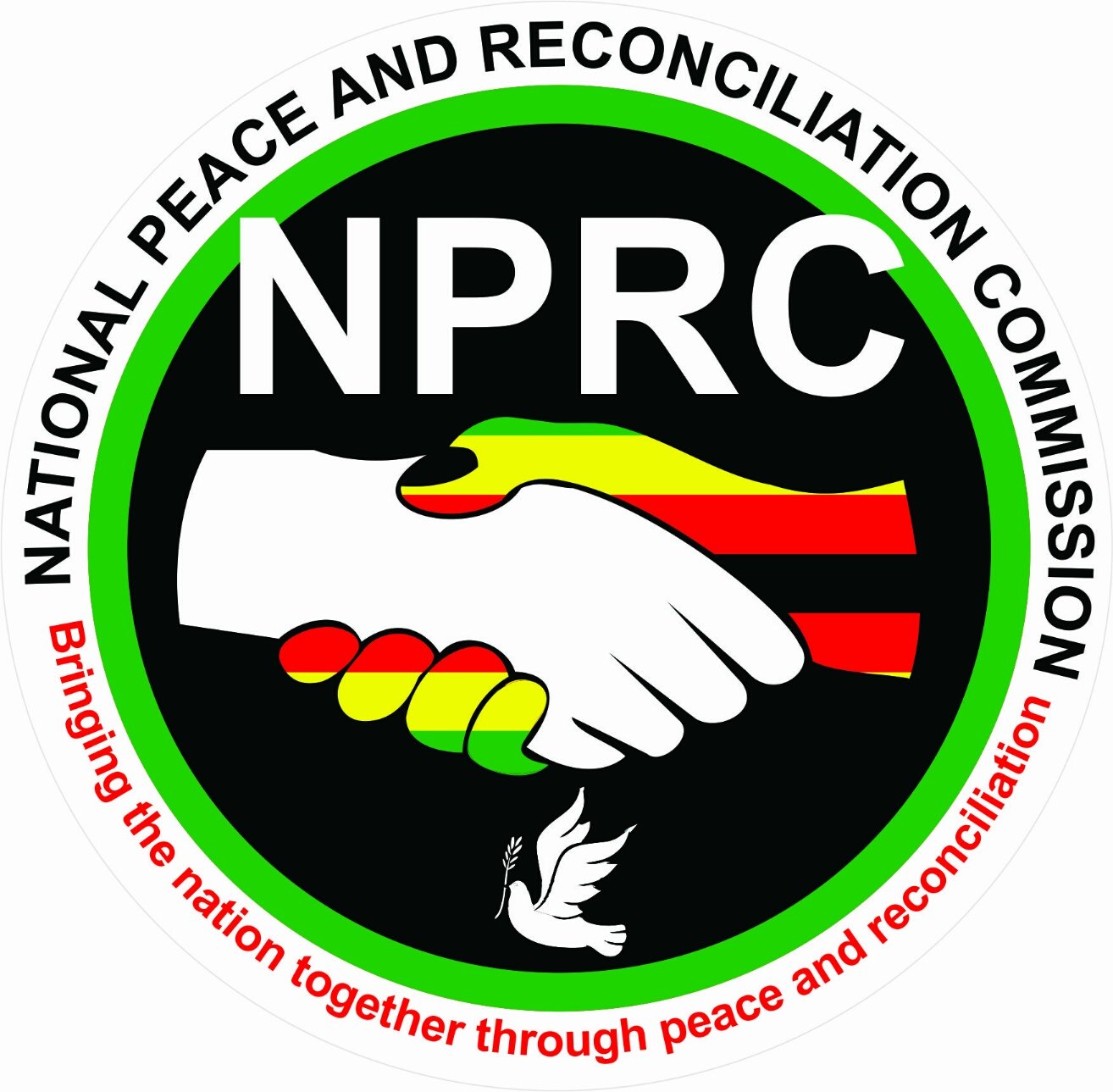There are fears the National Peace and Reconciliation Commission (NPRC)’s term will not be extended beyond 2023 without much success in fulfilling its constitutional mandate to ensure post-conflict justice, healing and reconciliation.
The NPRC was established to exist for 10 years, starting from August 22, 2013.
But due to delays in enacting the law to operationalise the NPRC the commission only came into effect on January 5, 2018.
Opinion leaders believe it was a mistake to give the NPRC a lifespan to begin with and have raised concern that as the debate on the raft of constitutional amendments rages on, government ‘somehow’ omitted to extend its lifespan under the proposed Constitution Amendment (No.2) Bill.
Permanent Secretary in the Ministry of Justice, Legal and Parliamentary Affairs, Virginia Mabhiza, regretted the omission but said the NPRC and other organisation should have advanced proposals to government, lobbying for its extension.
The NPRC’s extension was one of the issues discussed last year by the Matabeleland Civic Society (formerly Matabeleland Collective) and President Emmerson Mnangagwa.
“The sentiment was the NPRC ought to be extended for diversity and victim-centred representation continuously. The Office of the President and Cabinet and Ministry of Justice were assigned to look into this, whose implementation was said to immediate. We understand perhaps that meant a legal intervention or an amendment of the constitution in that regard.
“The NPRC, CSOs, faith-based organisations and traditional leaders were said to be enablers of this matter. When we talk of enablers you may not be legislators but have within your powers, to influence legislation in this regard,” Mabhiza said last Friday at a follow-up meeting between Mnangagwa and civil society organisations held at Bulawayo State House.
Mabhiza suggested the NPRC should have approached the Justice Ministry, to extend the provisions that govern it so its term would not expire in 2023.
“We regret the omission of this matter in the proposed Constitution Amendment Bill (No.2) Bill, in fact, it was a realisation we saw, we did not pin much attention to it and was not put into the amendments, which means if nothing is done the NPRC is going to elapse,” she said.
“This is something to be worked on, we have to sit down with the enablers and the beauty of law-making process is that we can reverse, withdraw or can add some issues depending on the gravity of such issues at certain parliamentary stages. This is a very important issue so we ought to sit down and craft way forward before we see NPRC collapse and expire by 2023. I have given the enables a challenge but as the ministry of justice we also share the blame.”
A representative of the civic society, Jenny Williams said, “we asked for the lifespan of NPRC to be extended, we engaged Mabhiza personally…please let us urgently put the constitutional amendments in place.”
Meanwhile, analysts have called on the government to act accordingly and resource NPRC fully.
Rejoice Ngwenya, a political analyst, said people could input their opinions to extend the NPRC but questioned if the government understood what the nature of conflict in Zimbabwe.
“Their mapping of conflict is very defective as we must be clear on what the conflict is as there are several conflicts, Gukurahundi is an issue such as the economic crisis is. But let’s agree that current government has no interest in solving Gukurahundi. They are deeply entrenched, have no capacity and intellectual depth. We must rather focus on the principles of conflict resolution as those issue don’t cease to be constitutional matters,” he said.
Patrick Ndlovu from ZAPU urged people to lobby not only for the NPRC’s extension but for a re-composed and revamped NPRC, as it was flawed from the start.
“We don’t want to malign personalities but the commissioners didn’t meet basic expectations. Its chairperson, retired judge, Sello Nare made some questionable rulings before and one of the commissioners is a son to a Zanu PF minister,” he claimed.
Ndlovu also accused civic society of diverting from its advocacy role.
“The problem with is CSOs is they can’t critically analyse, as they are fighting amongst themselves for the right to speak on behalf of victims.”
Khanyile Mlotshwa highlighted that if the NPRC was well resourced, it could have been effective in its mandate.
“I understand the NPRC came as part of political negotiation. Nevertheless, I believe the three or four years the commission has in its constitutional lifespan, can be effectively used to make progress, especially in searching for the truth. Four years is what the president of the United States has to make an impact. If at least, NPRC can leave behind a report that some other people can use, that would be important. What will be done with their findings and their recommendation will remain a responsibility of the government of the day,” he said.

